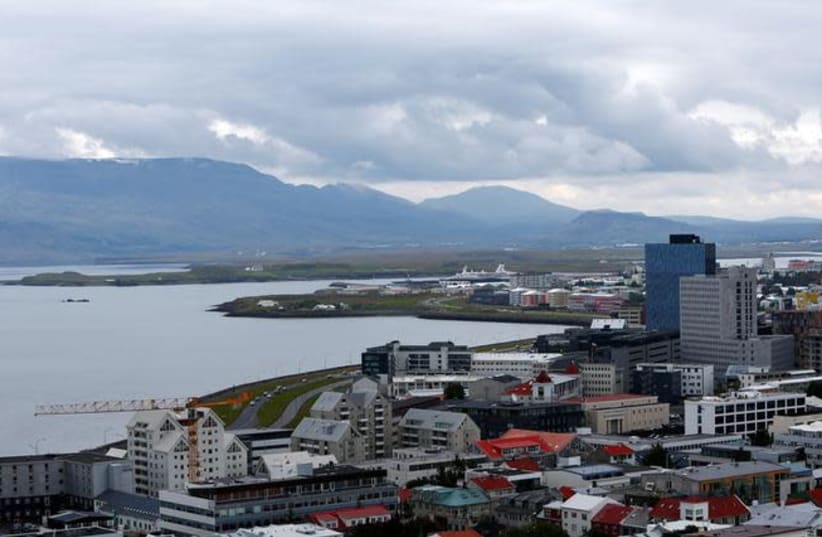The country has only one rabbi, Avi Feldman, who initiated the Chabad Lubavitch of Iceland in 2018. Feldman and the community members have worked hard to gain Iceland's formal approval of their presence.
“For Iceland to formally recognize the world’s oldest religion is in itself very significant,” Feldman explained.
The decision is so significant because it allows Jews to pay taxes towards their own religious institutions. Jewish marriages, baby-naming, and funerals will also be accepted by the civil law.
While once Iceland was mostly isolated, immigration to the country has steadily increased. Some of these immigrant are Jews who escaped northward during and after the Holocaust. According to Jewish community member Julian Burgos, “After World War II Jews began coming here in small numbers, but it was always a small community."
When Rabbi Feldman first arrived in Iceland, the Jewish community had merely 100 members. However, “We meet local Jews whom we didn’t know previously every single week,” he said. Since then, the rabbi has found at least 300.
While most of the Jews live in the country's largest city, Reykjavík, the rabbi said he has discovered scattered populations in the smaller cities of Akureyri and West Fjord. There are even Jews living in some of the fishing villages in the country's outskirts.
With the growth of the Jewish community, Feldman has fought to support its culture and community in Iceland. The country's first Holocaust memorial service was held in January 2020. Soon after that, the community danced through the street with their first Torah scroll. A menorah was erected on Hanukkah in the city's center.
This official approval of Judaism "Will help Jewish life here grow and become even more active,” Feldman exclaimed.
His wife, Mushky added, "The Jewish people of Iceland have waited a long time for this to happen. The determination of the people in the community to get this done is really impressive...There’s a bright future for Jews under the Northern Lights.”
